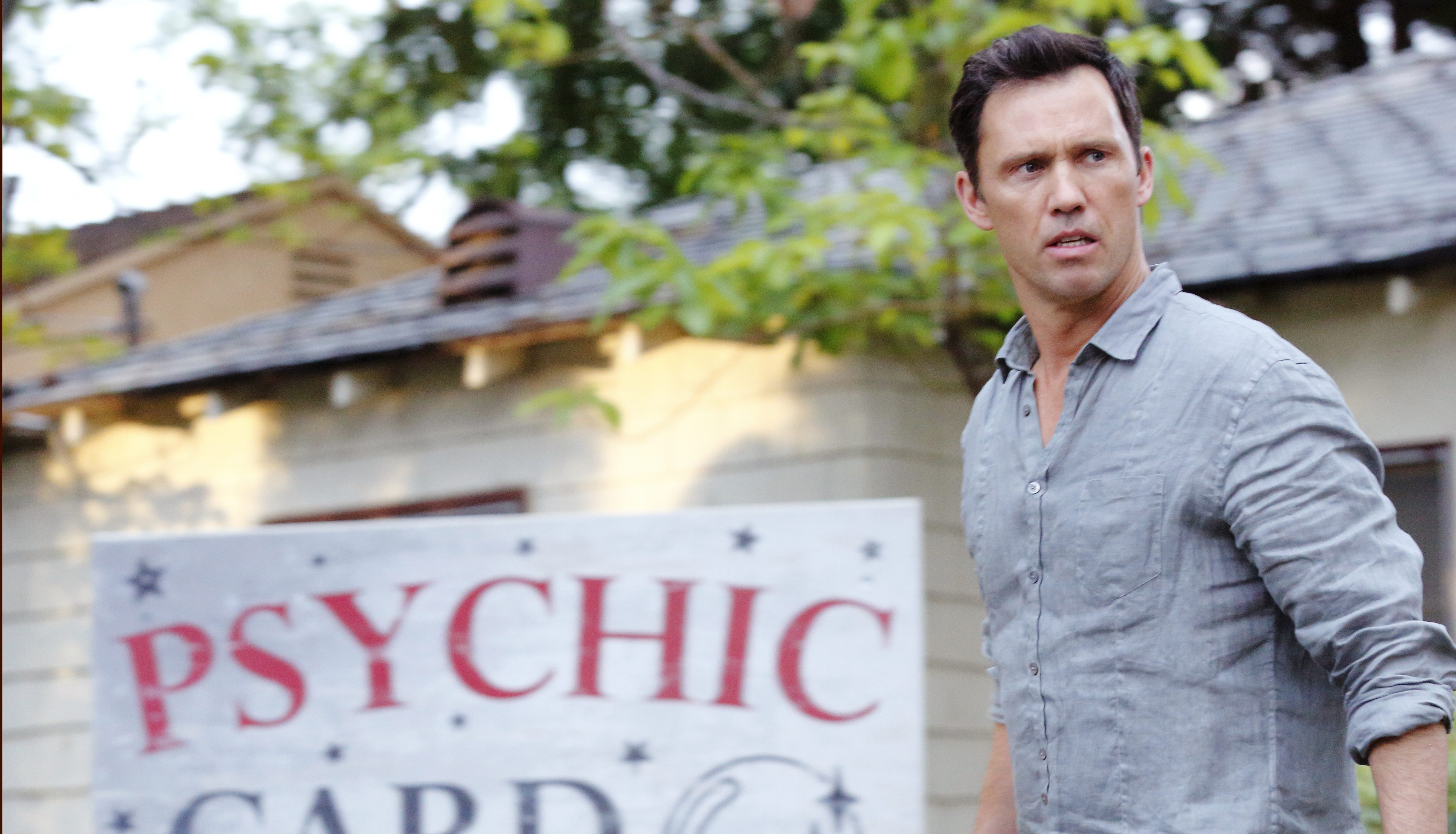
In seeking out the help of a psychic, we’re usually looking for answers and support through a difficult time in our lives. We’re looking for someone who will listen to our troubles and help guide us through the rough waters and into calmer ones. Psychic history goes back centuries, with people paying biblical prophets to clairvoyant crime solvers to help them predict the future or give them more clarity as to what the future holds. Unfortunately, however, not all psychics are legitimate. And it’s those illegitimate “psychics” that have been responsible for some high dollar scams. Let’s take a look at five unbelievable psychic scams that have been revealed over the years.
Call Miss Cleo
In the 1990s, ads for Miss Cleo speaking for the Psychic Readers Network hotline were all over the place. It advertised and 800 number for “free” readings with clips of Miss Cleo giving “psychic” advice to those calling in. Millions of people actually did call into the hotline; however, the calls were anything but free. Some callers found themselves being charged over three hundred dollars for a single call! And the callers definitely weren’t calling into Miss Cleo, as the hotline’s spokesperson was actually and actress and playwright from Los Angeles. The owners of the Psychic Readers Network were forced to forgive $500 million in phone charges and were fined five million by the FTC.
The Scamming of Ralph Raines Jr.
This scam involved Ralph Raines, Jr., a wealthy heir to a tree farm fortune in Oregon and a fake psychic by the name of Rachel Lee. Lee sunk her hooks into Raines when he went to her storefront psychic shop in Bend, Oregon. Upon revealing that he desired to be married and have a family, Lee soon burrowed herself into his life for the following ten years. She even managed to gain control of the Raines family assets. Her crimes eventually caught up to her, and she received an eight-year prison sentence.
Times Square Storefront Scam
A British internet entrepreneur by the name of Naill Rice was scammed out of nearly $550,000 by Priscilla Kelly Delamaro, who ran a psychic shop in New York’s Times Square. The fake psychic took advantage of Delamaro’s unrequited love heartbreak, by continually leading him on with advice and promises of being reunited with the woman he’d been heartbroken over. Delamaro was sentenced to eight months in jail and four years of probation for grand larceny.
Ask Billy Scam
When hedge fund manager Seth Tobias died unexpectedly in 2007, the battle for his estate would also unexpectedly involve a fake internet psychic. Internet “psychic” Billy Ash was a psychic advisor to Tobias’ current wife, Filomena. He claimed to be Tobias’ assistant and made up a story that Filomena had planned to kill Tobias and get the estate money. Ash used information he’d gotten from their sessions to use against her. However, the scam didn’t work, as Filomena was cleared of all charges with the estate case being settled out of court.
Rose Marks Scam
An often-used scam for fake psychics is the promise of removing a curse or bad luck. And that’s exactly what Rose Marks did to the people she scammed. She targeted those who were the most vulnerable and convinced them to turn over millions of dollars to her in order to remove supposed curses and bad luck vibes. She was good at listening to people’s problems and used her endearing listening skills to make clients believe as though she really could get their lives back on track through more and more payments. Eventually, she was convicted of fraud though, and was sentenced to ten years in federal prison.






‘Psychic’ claims often invoke skepticism; however, there is an undeniable sociological aspect at play in understanding why people gravitate toward these figures during distressing times. It’s imperative we analyze both sides objectively.
While the allure of psychic insight remains strong across cultures, it is disheartening to witness such overt exploitation under the guise of spiritual guidance. There should be more stringent regulations governing these practices to protect consumers.
‘Rose Marks’ highlights how some individuals exploit psychological tactics to manipulate emotions for financial gain. This raises concerns regarding mental health support systems available for those susceptible to such deceptive influences.
‘The Times Square storefront scam’ emphasizes a geographical dimension to fraudulent psychic enterprises—how urban environments can amplify susceptibility due to anonymity and isolation among individuals seeking connection during tough times.
The article elucidates how psychic fraudsters exploit emotional vulnerabilities, often leading to significant financial loss. This serves as a reminder that critical thinking must prevail in all aspects of life, especially when navigating personal crises.
‘Ask Billy Scam’ illustrates how quickly personal tragedy can become intertwined with deceitful agendas. Such stories remind us that vigilance is necessary when facing grief or loss, particularly from external influences claiming authority over our lives.
‘Miss Cleo’ serves as a prominent case study that encapsulates both the commercialization of spirituality and the ramifications that follow fraudulent practices. Such narratives are crucial for understanding consumer protection laws in this domain.
The historical context provided about psychics and their evolution into modern scams highlights the persistent human desire for guidance during challenging times. It raises questions about the ethical responsibilities of those who claim to possess such abilities.
Moreover, this phenomenon touches on existential questions about fate and free will. If one seeks out a psychic to understand their future, do they surrender a part of their agency in the process?
Indeed, the manipulation of vulnerable individuals by purported psychics reflects deeper societal issues regarding trust and belief. It’s essential to examine how these dynamics shape not just individual lives but broader cultural perceptions of spirituality.